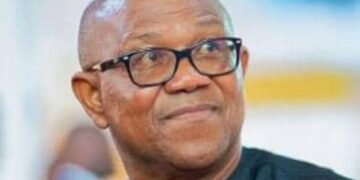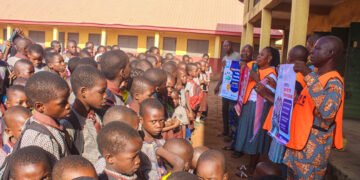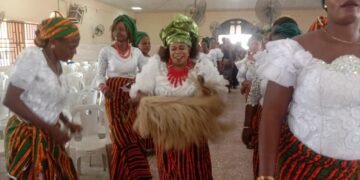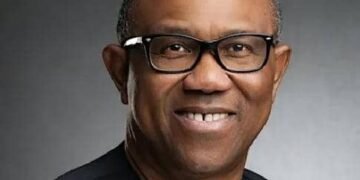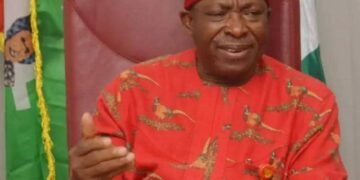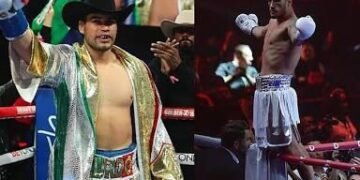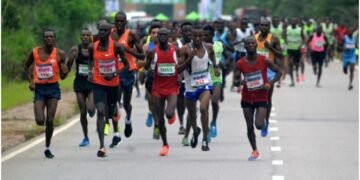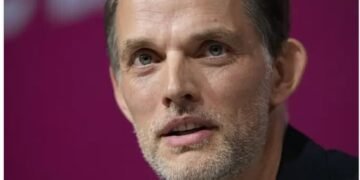By Ononye VC
The Presidential candidate of Labour Party (LP) in the last general elections, Mr. Peter Obi, has voiced concerns over the continued Nigeria’s economic decline since 2015.
Mr. Obi made the remarks last Monday, on his “X” (formerly Twitter) handle.
Obi emphasized the difference between Nigeria’s economic performance in the early years of democracy and its current condition.
He wrote: “When Nigeria returned to democratic governance in 1999, it maintained an average GDP growth of about 6.72% for 16 years from 1999-2014.”
However, he highlighted that this growth was short-lived.
In contrast, he observed that by 2023, Nigeria had descended to become the 4th largest economy in Africa.
Its GDP stood at $375 billion, with a per capita income of $1700.
As a result, in 2024, the situation worsened.
Growth and recession
GDP growth dropped to 2.79% in 2015, and subsequently, the economy slipped into recession in 2016.
The GDP declined further to an estimated $253 billion, and per capita income dropped to $1087.
He said, “In 2014, just before the inception of a new administration a year later, Nigeria had the biggest economy in Africa with a Gross Domestic Product of $568.5 billion and a GDP Per Capita of about $3,200.”
“Today, poverty is pervasive and on the increase.
“Unemployment is rising. Food inflation has skyrocketed to over 43%.
“Foreign and local investors are losing faith in the future growth of our economy and are leaving in large numbers. Businesses are shutting down.”
Peter Obi urged urgent action to prevent further economic decline.
He also emphasized on the need to shift from consumption to production, while also criticizing the current leadership.
Obi said: “Urgent actions need to be taken to salvage the nation from further economic collapse and move it from consumption to production.
“However, instead of concerning ourselves with all these challenges threatening our collective existence and finding ways to recreate an inclusive and sustainable economy, pull millions of people out of poverty, and return our nearly 20 million out-of-school children to schools, our leaders are more concerned with funding their selfish luxuries and individual lavishness, while throwing blames at others who are only committed to solving the nation’s problems.
“In the face of all these challenges, we the leaders should commit to inclusive and sustainable growth to end the hardship which has continued to burden our fellow Nigerians.
“Only through that can we achieve a peaceful and secure society,” he posted.
- Latest
- Trending
